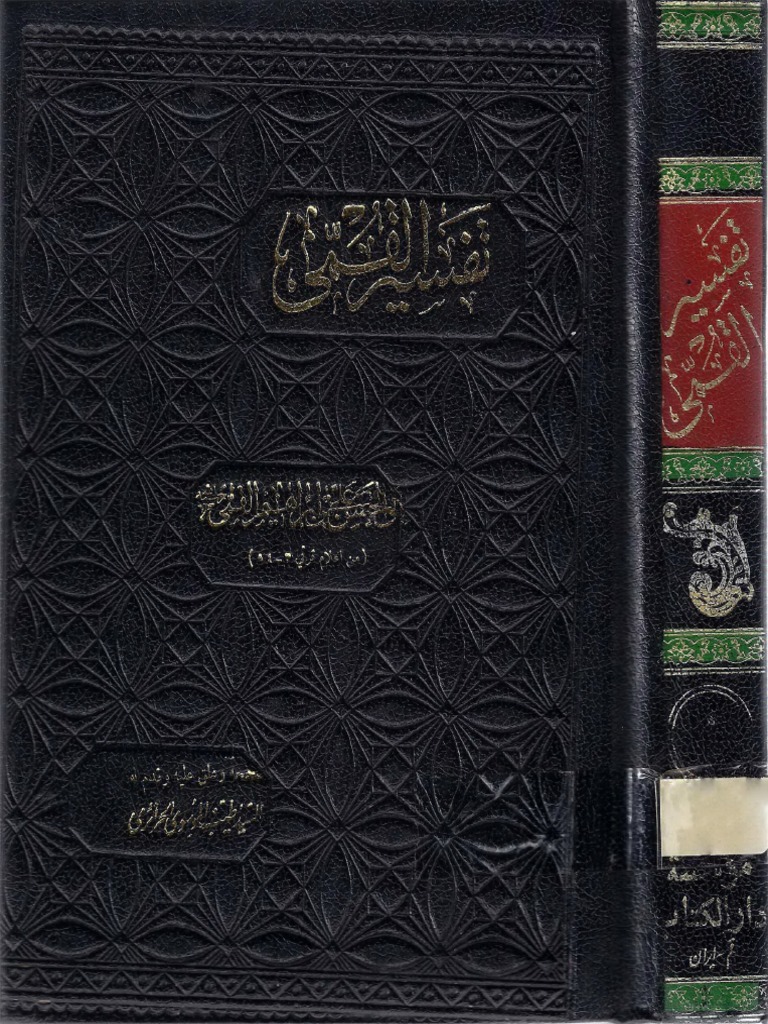The realm of Islamic exegesis is rich and textured, woven with diverse interpretations and lenses through which the Qur’an has been viewed and understood. Among the numerous commentators throughout history, Ali ibn Ibrahim Al-Qummi stands as a preeminent figure within Shia Islam. His contributions not only elucidate the Qur’anic text but also integrate elements of Shia theology, history, and jurisprudence. The unique combination of linguistic competence and theological insight propels his exegesis beyond mere academic inquiry, rendering it a crucial component of Shiite thought and practice.
The Tafsir of Ali ibn Ibrahim Al-Qummi is notable for its comprehensive nature. It does not merely delve into the linguistic aspects of the Qur’anic verses; rather, it seeks to encapsulate the manifold layers of meaning and interpretation that one can derive from the sacred text. Addressing a panoply of themes, including historical contextualization and theological explorations, this Tafsir emerges as a vital discourse on divine guidance.
Historical Context and Authorial Background
Ali ibn Ibrahim Al-Qummi was born in the second century of the Islamic calendar, in a milieu that was rife with theological debate and scholarly fervor. As a contemporary of other exegeses, his work resonates through the ages, reflecting the sociopolitical and spiritual currents of his time. Understanding the historical backdrop against which he penned his Tafsir is indispensable; the tumult of early Islamic history, marked by sectarian strife, necessitated a thoughtful articulation of religious texts that could fortify the Shia community’s identity.
Al-Qummi himself was a learned scholar and is often regarded as a link within the chain of transmission of Shiite knowledge. His erudition in language, coupled with his deep understanding of hadith literature, allows for a nuanced interpretation of the Qur’an, resulting in a Tafsir that serves both as a commentary and a defense of Shia beliefs.
Tags
Share this on:
[addtoany]


